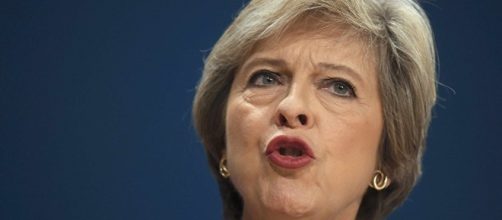Prime Minister Theresa May will meet with the leaders of the devolved nations of the United Kingdom before the article 50 bill to trigger Britain's departure from the European Union goes through parliament. Theresa May is expected to tell the leaders of Scotland, Northern Ireland and Wales that they have no veto over the process. The artile 50 bill will go in front of parliament next week.
Scottish and Welsh first ministers against hard Brexit
Nicola Sturgeon and Carwyn Jones, the leaders of Scotland and Wales respectively, have repeatedly stressed that they can't accept a hard Brexit without full access to the EU’s single market.
Theresa May is expected to tell Sturgeon and Jones that this is not possible, arguing that there is no such thing as a hard or soft Brexit.
“Although we certainly wont agree on every single point, we will shy away from the necessary conversations between the nations and I sincerely hope that we will have further constructive discussions in the future,' Theresa May said before the meeting.
Last week, a ruling by the supreme court determined that MPs would have to vote before triggering article 50, which Theresa May stated showed the 'United Kingdom needs to stick together and put our best interests at the heart of discussions'. An element of the judge’s decision last week was that the devolved governments of Wales, Scotland and Northern Ireland could not veto the process.
Meeting takes place this week
May continued, stating: 'The UK voted to leave the European Union and the government has a responsibility to deliver on that mandate'. Brexit secretary David Davis and trade secretary Liam Fox will be in attendance for the meeting in Cardiff.
Nicola Sturgeon, leader of the SNP and first minister of Scotland, said May was determined to prove that the devolved nations had no power in the Brexit process. Sturgeon said:'It is abundantly clear that Theresa May and her government are pursuing a hard Brexit. This would be devastatng to Scotland. That is not what the people of Scotland voted for'.

